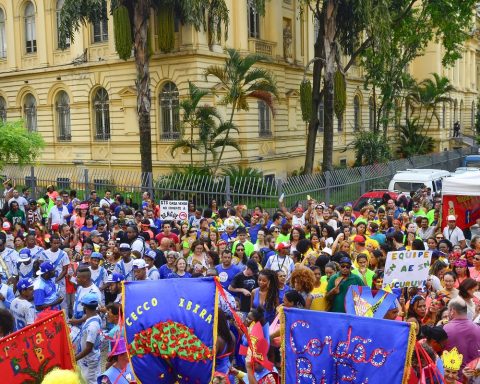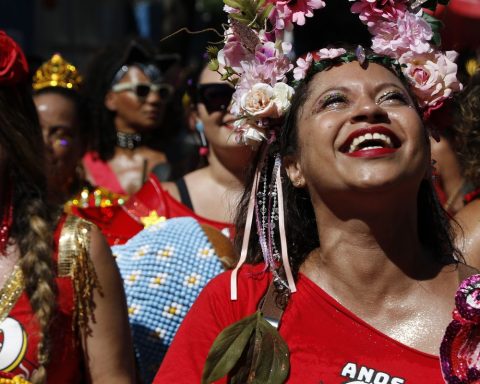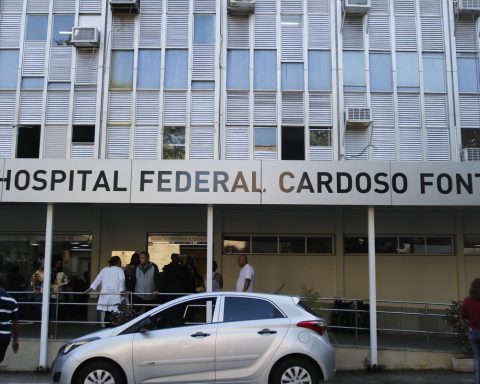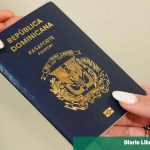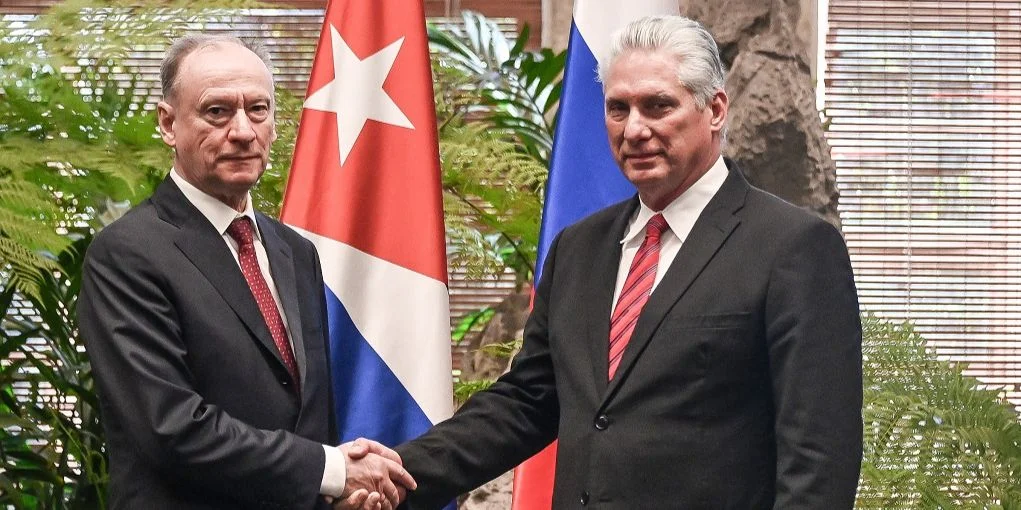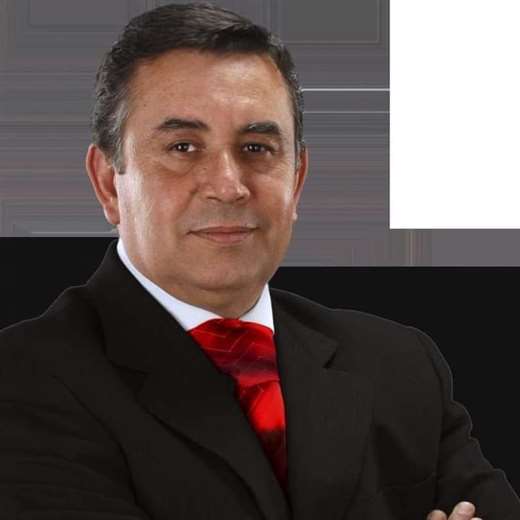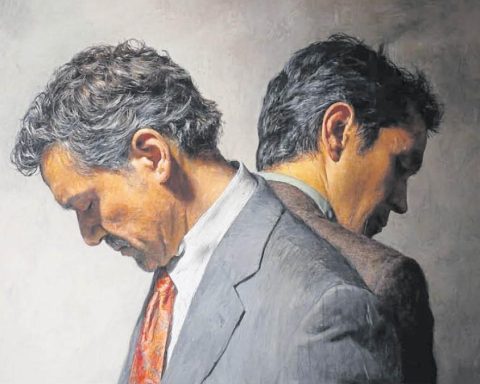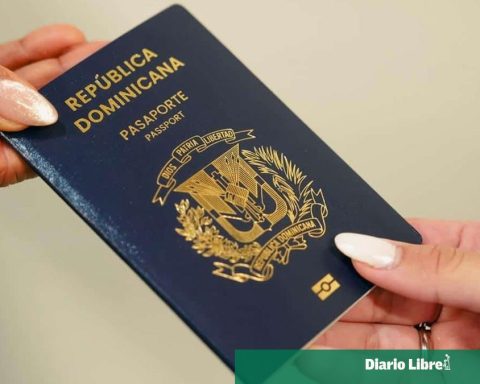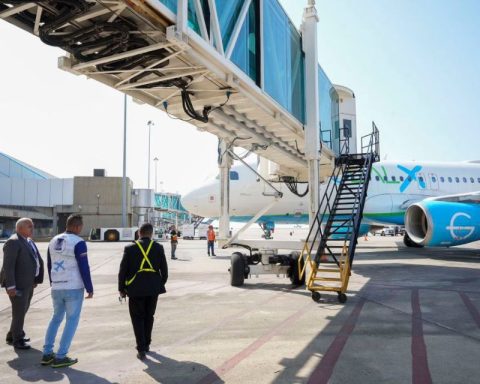To celebrate the 120th birthday of composer Lourenço da Fonseca Barbosa, better known as Capiba, Rádio MEC produced a special with some of his best-known songs. Among those selected are Silver Trombone, Green Waltz, My Ciranda, A Pernambucano in Rio, The Paris Waltz and The same yellow rose. Listen here
Capiba was born on October 28, 1904 in Surubim, Pernambuco. He grew up in a musical family, which profoundly influenced his future in music, leading him to be considered one of Brazil’s greatest frevo composers. From an early age, Capiba showed an interest in music, playing the horn at the age of eight and, later, learning the piano to accompany silent films in cinemas.
In 1920, he and his family moved to Paraíba, where he studied at Liceu Paraibano. During this period, he also played football professionally for Campinense Clube, but soon abandoned the sport to dedicate himself entirely to music. In the early 1930s, Capiba moved to Recife, where he passed a competition for Banco do Brasil, which guaranteed him financial stability while he developed his musical career. His first major achievement in frevo was in 1934, when he won a carnival competition with the composition “É de Amargar”, one of his biggest hits.
Capiba quickly became a prominent figure in the Pernambuco music scene, founding the Jazz Band Acadômica in 1950 and collaborating with big names in music, such as Hermeto Pascoal and Sivuca. In the 1940s, he achieved national success with the waltz-song “Maria Betânia”, which became a classic in the voice of Nelson Gonçalves and later received different instrumental versions.
In addition to his frevo production, Capiba was a versatile artist, and his ability to unite poetry, rhythm and cultural identity led him to compose in different genres, such as samba, maracatu, guarânia and even classical music.
Capiba’s work is vast, with more than 200 recorded songs, of which more than 100 are frevo. His songs, such as “Madeira que Cupim Não Rói” and “O Mais Querido” (santa Cruz Futebol Clube anthem), are essential to the Pernambuco carnival and continue to be sung in the blocks of Recife and Olinda.
In 1967, he was awarded at the Second International Song Festival with “São os do Norte que Vêm”, in partnership with Suassuna, reaffirming his importance in national music.
Lourenço da Fonseca Barbosa passed away on December 31, 1997, at the age of 93, leaving a legacy that transcends generations. His contribution to Brazilian popular music and frevo remains alive, consolidating him as one of the biggest names in Pernambuco culture.


